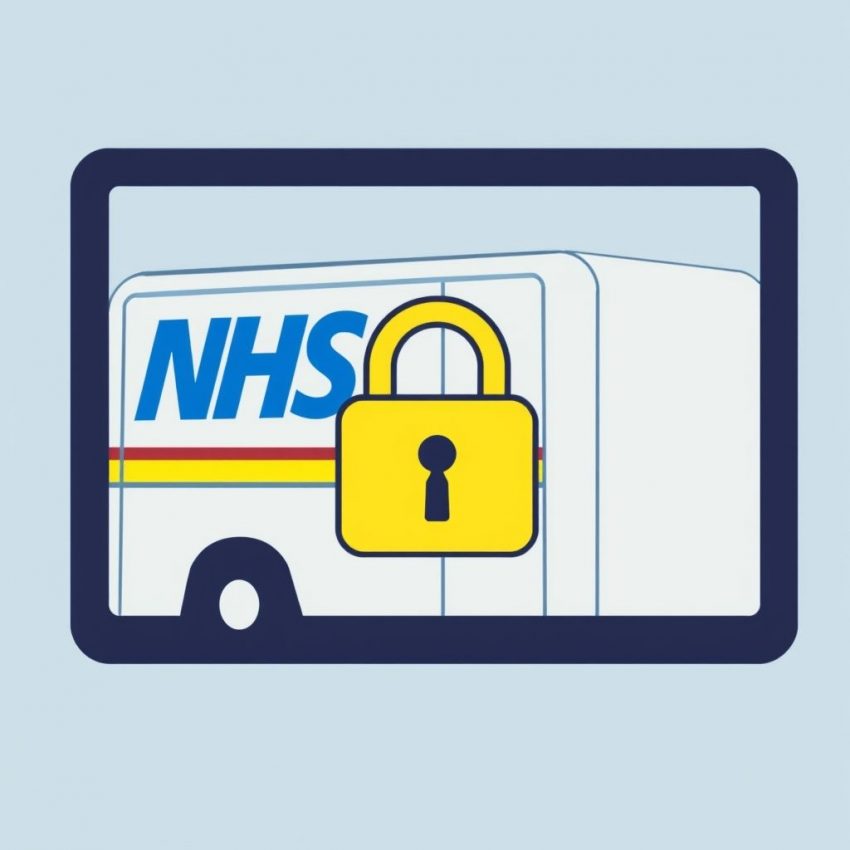Advanced to Pay £3 Million Fine Following 2022 Ransomware Attack: A Blow to NHS Digital Security
The fallout from the 2022 ransomware attack on Advanced, a key NHS IT supplier, continues to reverberate. The company has agreed to pay a £3 million fine for failing to protect sensitive patient data, a stark reminder of the increasing risks within the healthcare sector. This incident disrupted critical services across the NHS, impacting patient care and highlighting systemic vulnerabilities.
A Recap of the Incident:
In August 2022, Advanced, which provides software services to over 3,000 NHS organisations, fell victim to a ransomware attack. This attack crippled systems used for managing out-of-hours care, patient referrals, and emergency care alerts. The disruption lasted weeks, forcing many NHS trusts to revert to manual processes and causing significant delays in patient care.
The ICO's Findings:
The Information Commissioner's Office (ICO) launched an investigation into the incident, concluding that Advanced failed to take appropriate security measures to protect sensitive patient data. The investigation revealed inadequate security practices, including outdated software and insufficient access controls, which left systems vulnerable to attack.
The £3 million fine reflects the severity of the breach and sends a clear message to other NHS vendors: cybersecurity is not optional. The ICO emphasized that organizations handling sensitive personal data, especially in critical sectors like healthcare, have a legal and ethical obligation to implement robust security measures.
Implications for the NHS and Beyond:
This incident has far-reaching implications for the NHS and the wider healthcare sector. It underscores the urgent need for improved cybersecurity practices across the entire supply chain. Relying on third-party vendors introduces inherent risks, and the NHS must strengthen its oversight and ensure that all suppliers adhere to stringent security standards.
Key Takeaways:
- Proactive Security is Essential: The incident highlights the importance of proactive security measures, including regular security assessments, vulnerability patching, and robust access controls. Reactive measures are simply not enough in today's threat landscape.
- Supply Chain Security is Crucial: The NHS and other organizations must prioritize supply chain security. This includes thorough vetting of vendors, regular security audits, and contractual obligations for robust security practices.
- The Cost of Inaction is High: The £3 million fine is a significant financial penalty, but the true cost of the attack is far greater. Disrupted patient care, reputational damage, and the erosion of public trust are all consequences that extend far beyond the monetary fine.
Moving Forward:
The Advanced ransomware attack serves as a wake-up call for the healthcare sector. Investing in robust cybersecurity, strengthening supply chain security, and fostering a culture of security awareness are crucial steps towards mitigating the risks of future attacks. The safety and well-being of patients depend on it. We must learn from this incident and work together to build a more resilient and secure healthcare system.
Don’t miss out on this exclusive deal, specially curated for our readers! Discover unbeatable flight + hotel deals
This page includes affiliate links. If you make a qualifying purchase through these links, I may earn a commission at no extra cost to you. For more details, please refer to the disclaimer page. disclaimer page.

